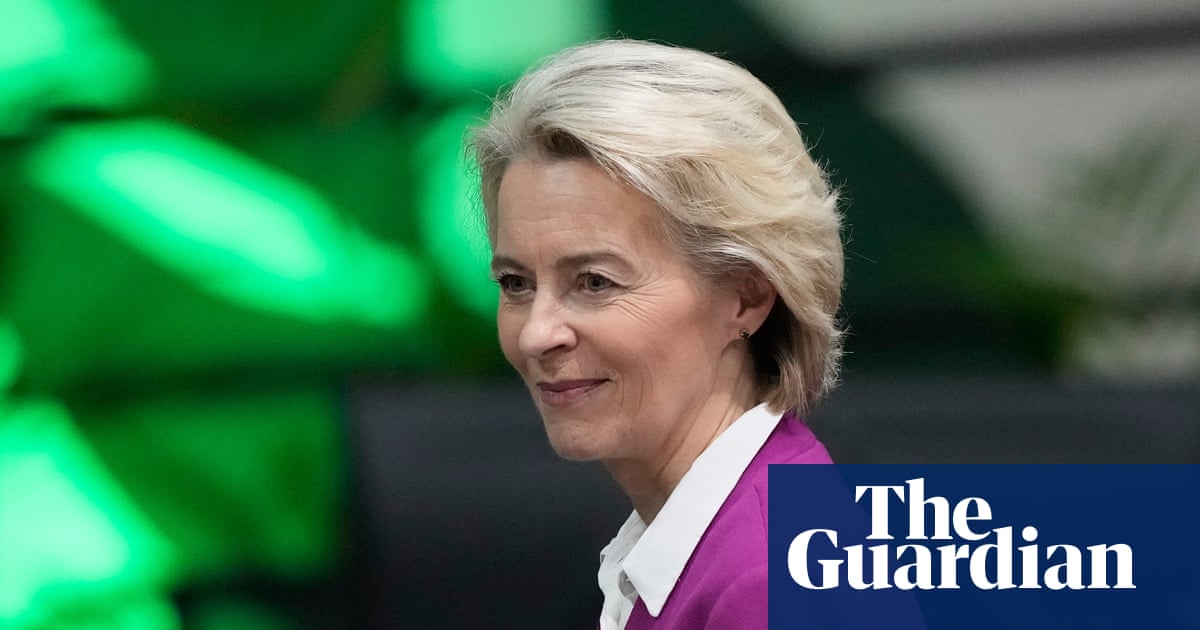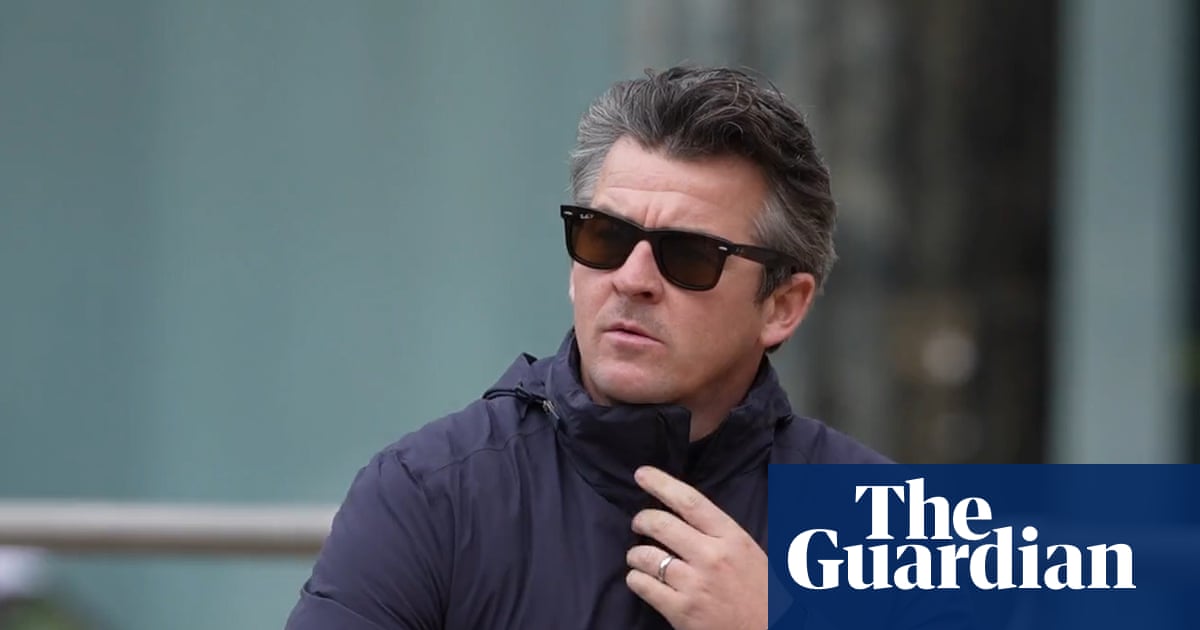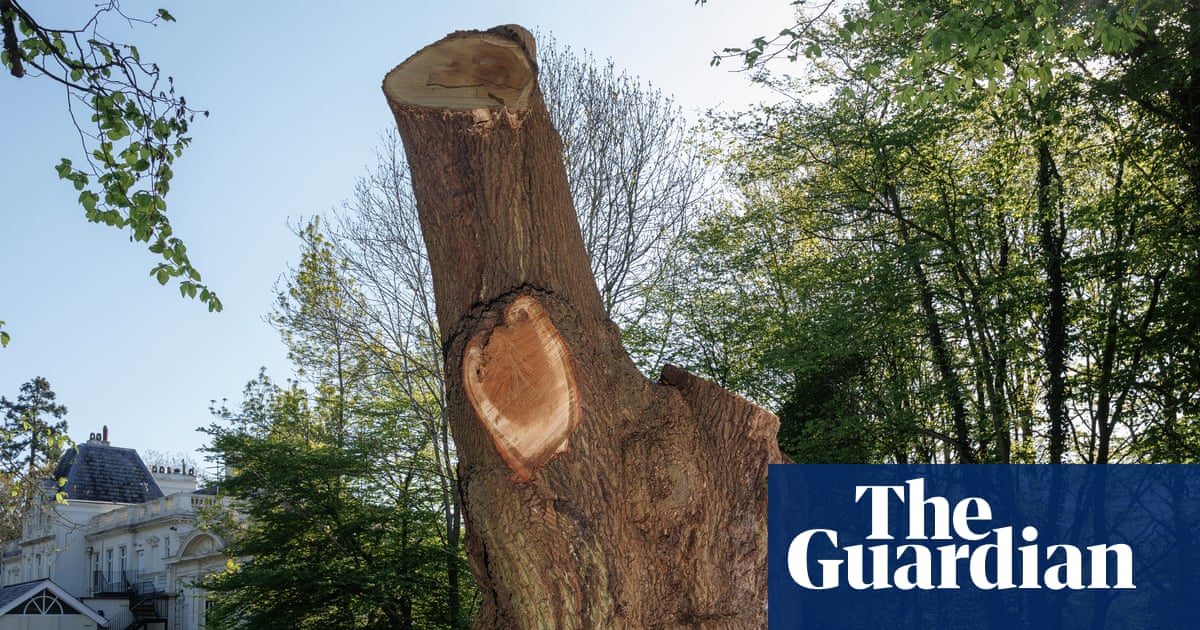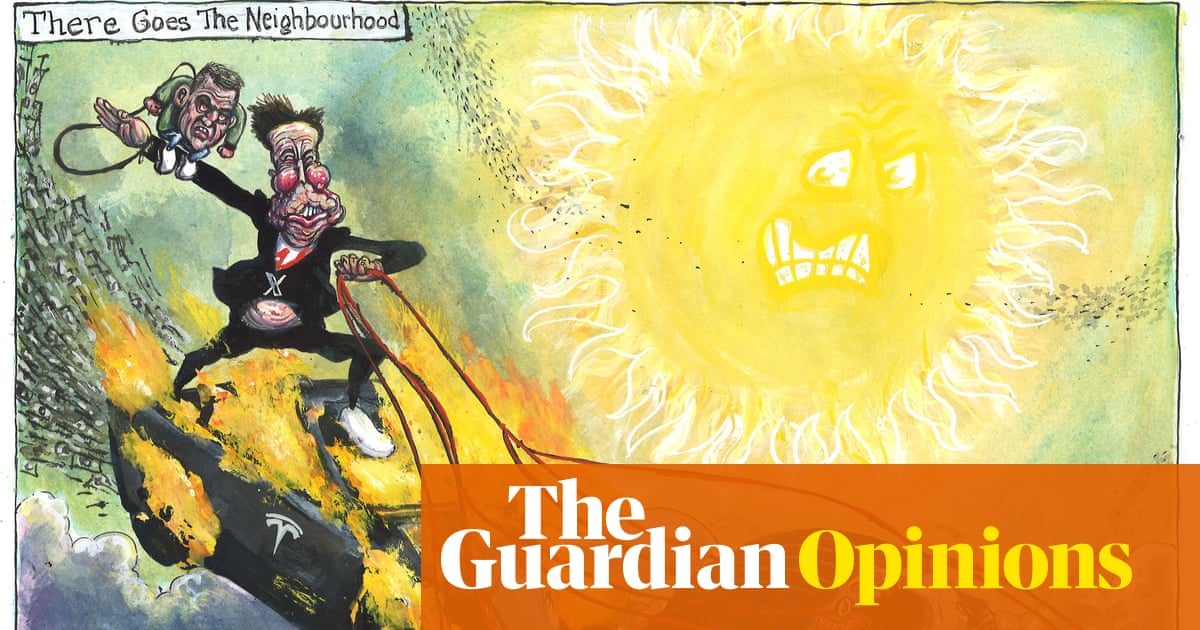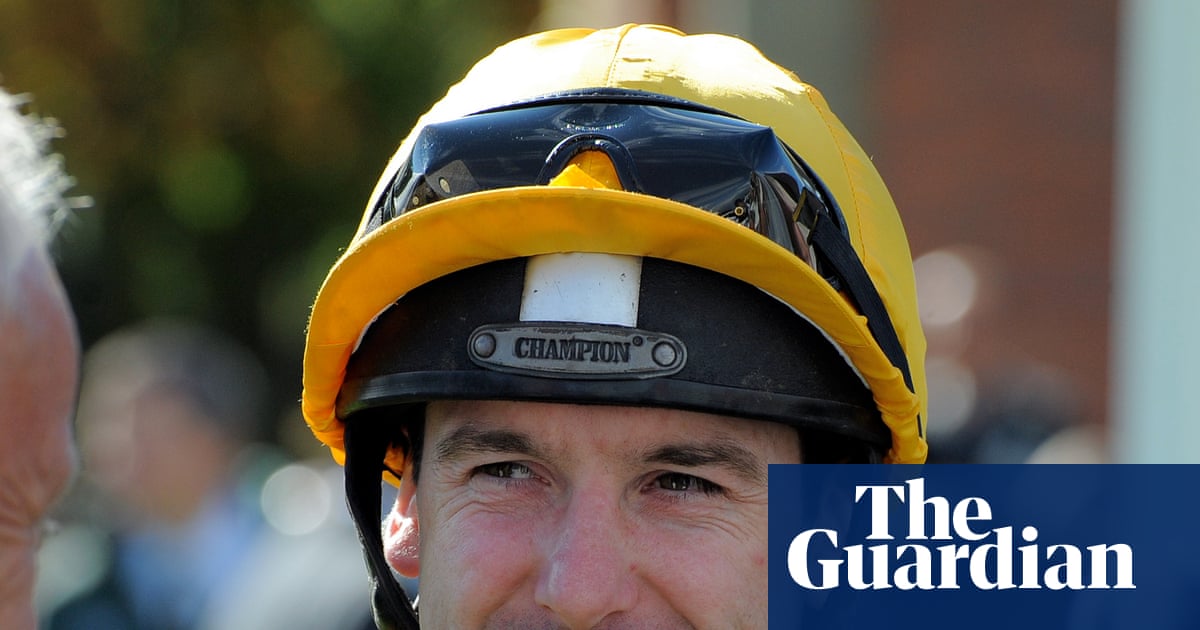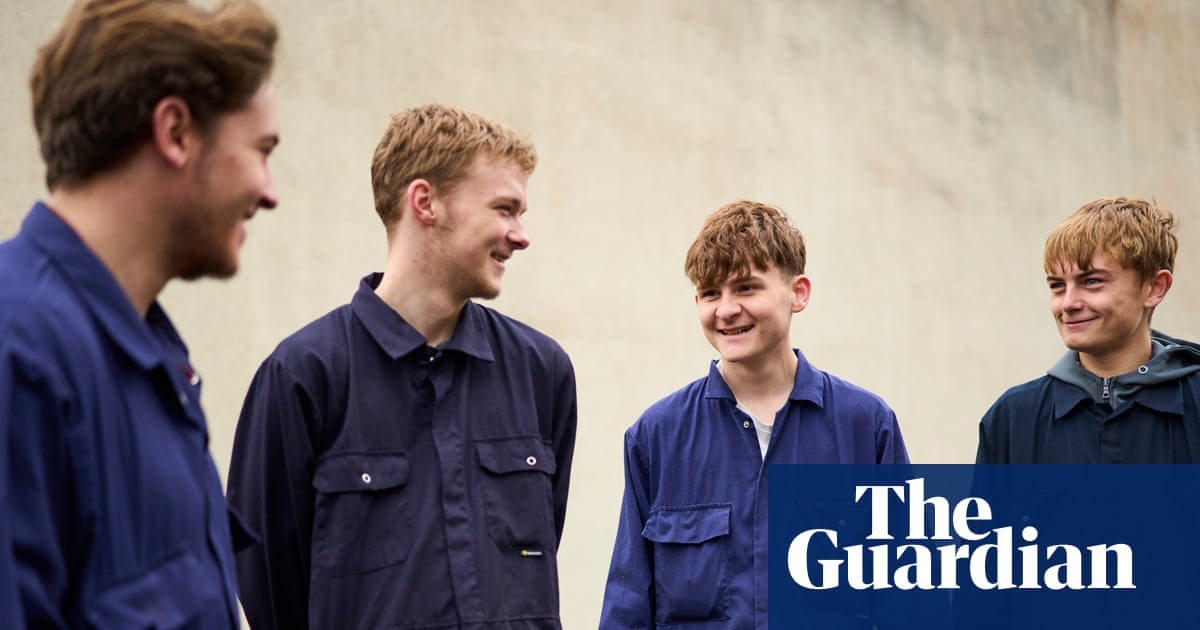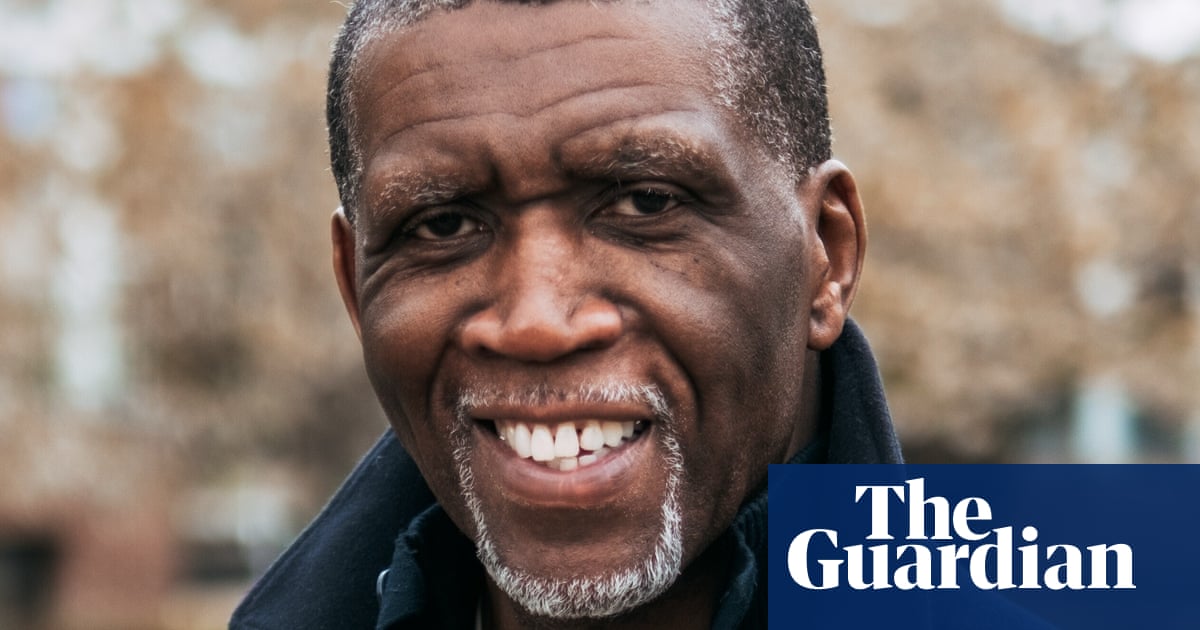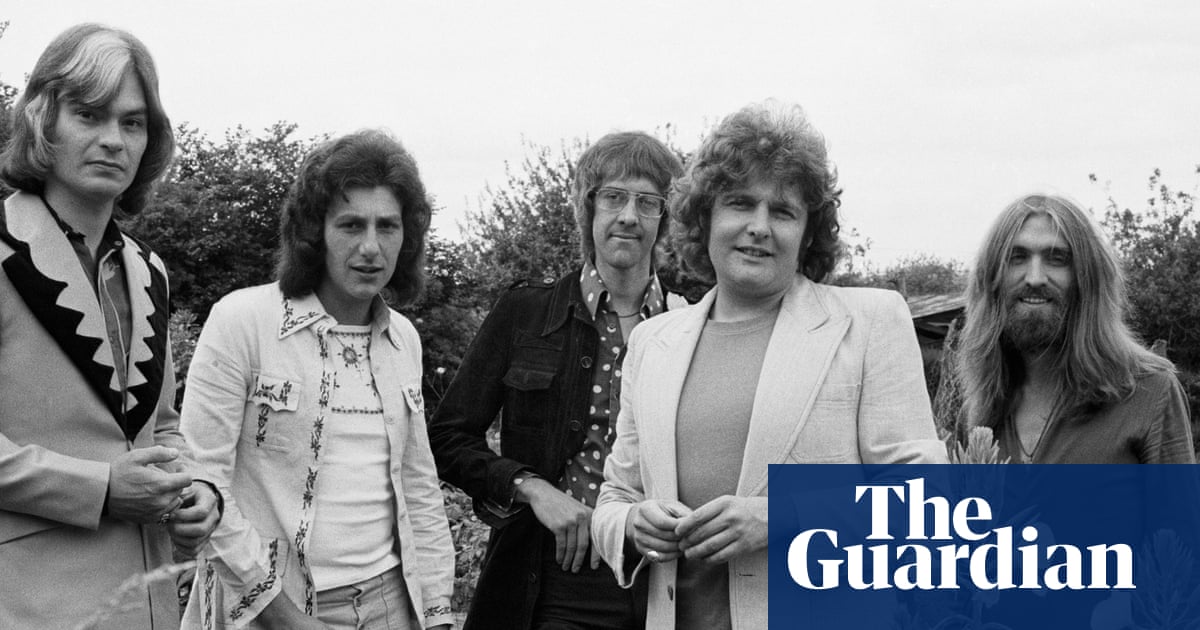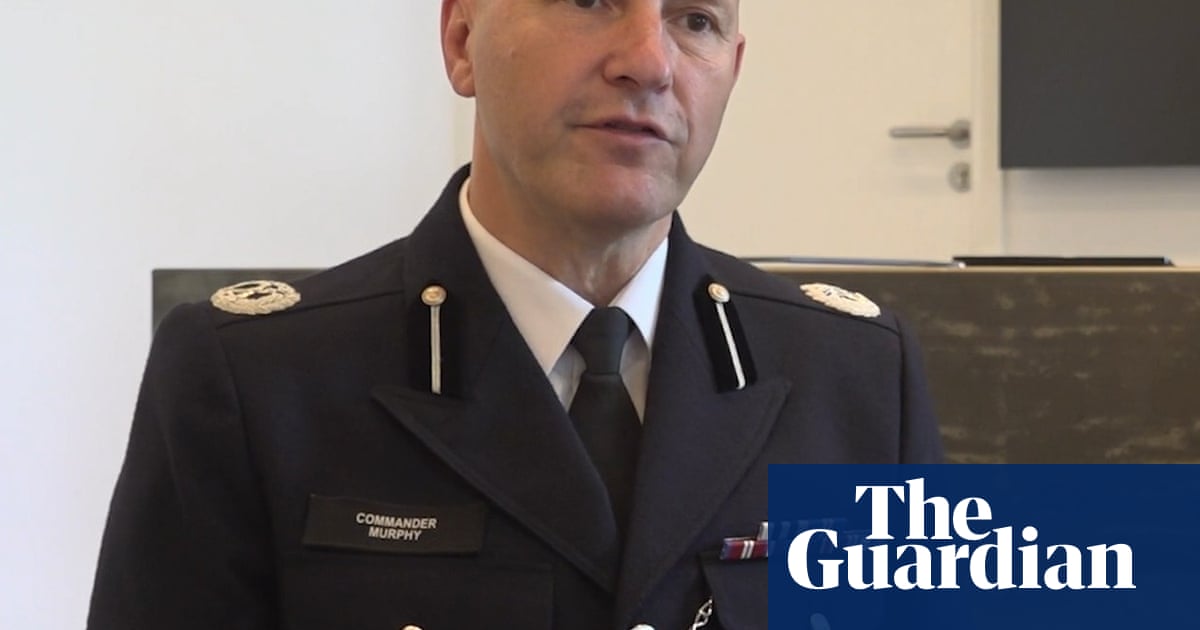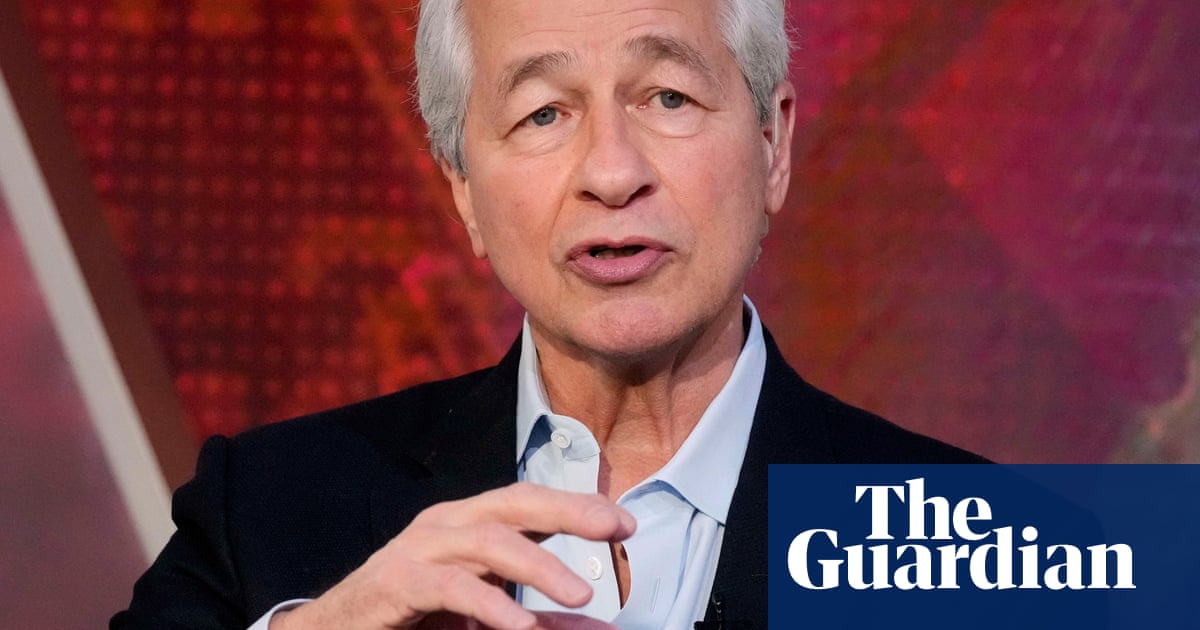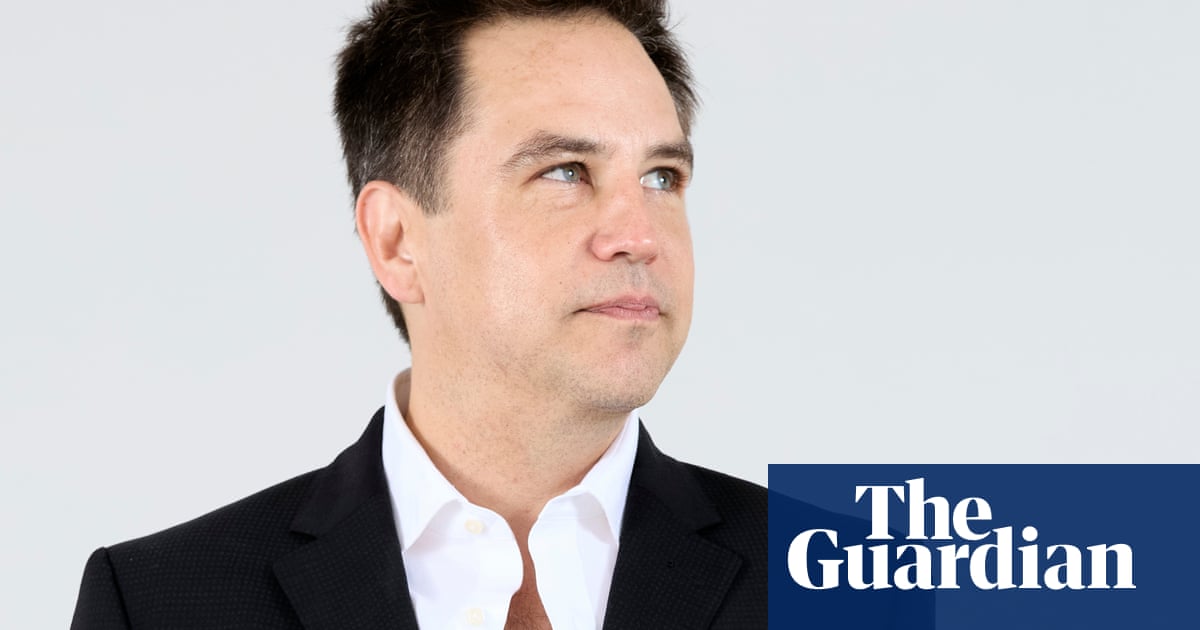Several First Nations leaders have walked out of a meeting with Mark Carney , as an event the Canadian prime minister hoped would assuage their concerns over his Building Canada Act instead left many with growing concern that it would violate their rights.
Carney has spent recent weeks promoting the act, which passed last month as part of Bill C-5 and which he says is a key part of his campaign promise to ensure Canada’s economy is less dependent on the US under Donald Trump, who has repeatedly threatened huge tariffs.
The legislation sets out a framework for major building projects, such as pipelines and mines to exploit natural resources infrastructure including ports, railways and electricity grids.
Under the act, certain projects designated as “nation-building” could be fast-tracked and override environmental and other planning regulations. To qualify, it says the projects should strengthen Canada’s autonomy and security, provide economic “or other” benefits and support the interests of Indigenous peoples, while meeting Canada’s objectives to tackle climate change.
The government has not yet said which projects will be fast-tracked, but the minister responsible for Indigenous relations, Rebecca Alty, said it would consult provinces, territories and Indigenous peoples to agree those suitable.
Earlier this week, however, nine First Nations in Ontario communities launched a constitutional challenge against the federal government over Bill C-5, and against the province over similar legislation recently passed there.
They allege that unchecked, fast-tracked development which is not subjected to laws and regulations, and which excludes consultation with First Nations on whose land some of the proposed projects will be built, violates the Canadian constitution, which mandates that Indigenous groups be consulted on any decisions that could affect their treaty rights.
At the meeting on Thursday, held at the Canadian Museum of History in Gatineau, Quebec, Carney promised to hundreds of assembled First Nations delegates that new infrastructure would enrich generations of Indigenous peoples, and that First Nations communities affected by any development would be thoroughly consulted.
Some leaders expressed cautious optimism at his remarks, but several others told reporters they were frustrated they did not get time to speak to the prime minister or members of his cabinet ministers, and that they felt they were not being listened to.
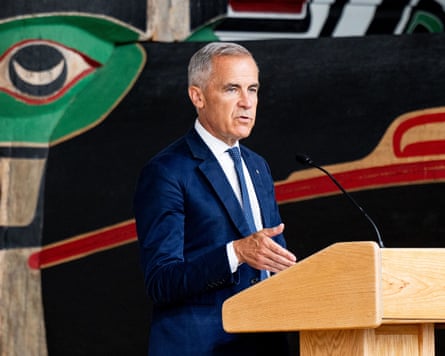
A delegation of First Nations youth also staged a protest, holding signs with slogans including: “We won’t be silenced”.
Several First Nations leaders walked out of the meeting after a few hours, saying it was a crude attempt at public relations designed to mitigate the damage the Liberal government had already done in pushing the law through parliament quickly without first consulting Indigenous groups properly.
“I don’t even know what this is, but this is not engagement. This is definitely not consultation. I’m speechless,” the Mohawk Council of Kahnawake grand chief Cody Diabo, who was among the leaders who left, told the Canadian Press.
Gwii Lok’im Gibuu (Jesse Stoeppler), deputy chief of Hagwilget Village Council in northern British Columbia, told the CBC: “I didn’t have much faith in the process to begin with, and I’m leaving very concerned.”
Carney told leaders at the meeting that he was optimistic about finding consensus, but the negative reception could increase pressure on him to urgently repairs marred relations with First Nations communities, said Bruce McIvor, an adjunct professor at the University of British Columbia who specialises in Indigenous law. Otherwise the government could face more legal challenges or wider protests, he said.
“I’m not optimistic based on what this federal government has done to date. It’s more rhetoric and damage control than meaningful engagement with Indigenous people,” said McIvor, who is also a member of the Manitoba Métis Federation.
First Nations communities have argued that consultation cannot be meaningful under legislation that is specifically intended to bypass legal obligations in order to build as fast as possible. McIvor noted, however, that the duty to consult Indigenous peoples has been made clear by Canada’s supreme court.
“Unfortunately, now, in a rush, the federal government has decided we will abandon those principles,” he said. “What’s required under Canadian law is for the government to engage early on, take as much time as it needs and, importantly, do not simply make a decision and then say ‘trust us’.”
Carney has said he will conduct more regional dialogues with First Nations communities this summer. Chief John Powell of the Mamalilikulla First Nation in British Columbia said had spoken to the prime minster for a few minutes at the meeting, and that he had appeared sincere. He said it was hard, however, to believe the government would keep its promises when First Nations peoples were not consulted before the law was passed.
“The fear is they’re going to push through projects,” he said.
“After all, we’ve experienced over 150 years of the government being the people who benefit from all of the extraction of what they call our ‘resources’ and what we call our ‘responsibility’.”

.png) 3 months ago
40
3 months ago
40


